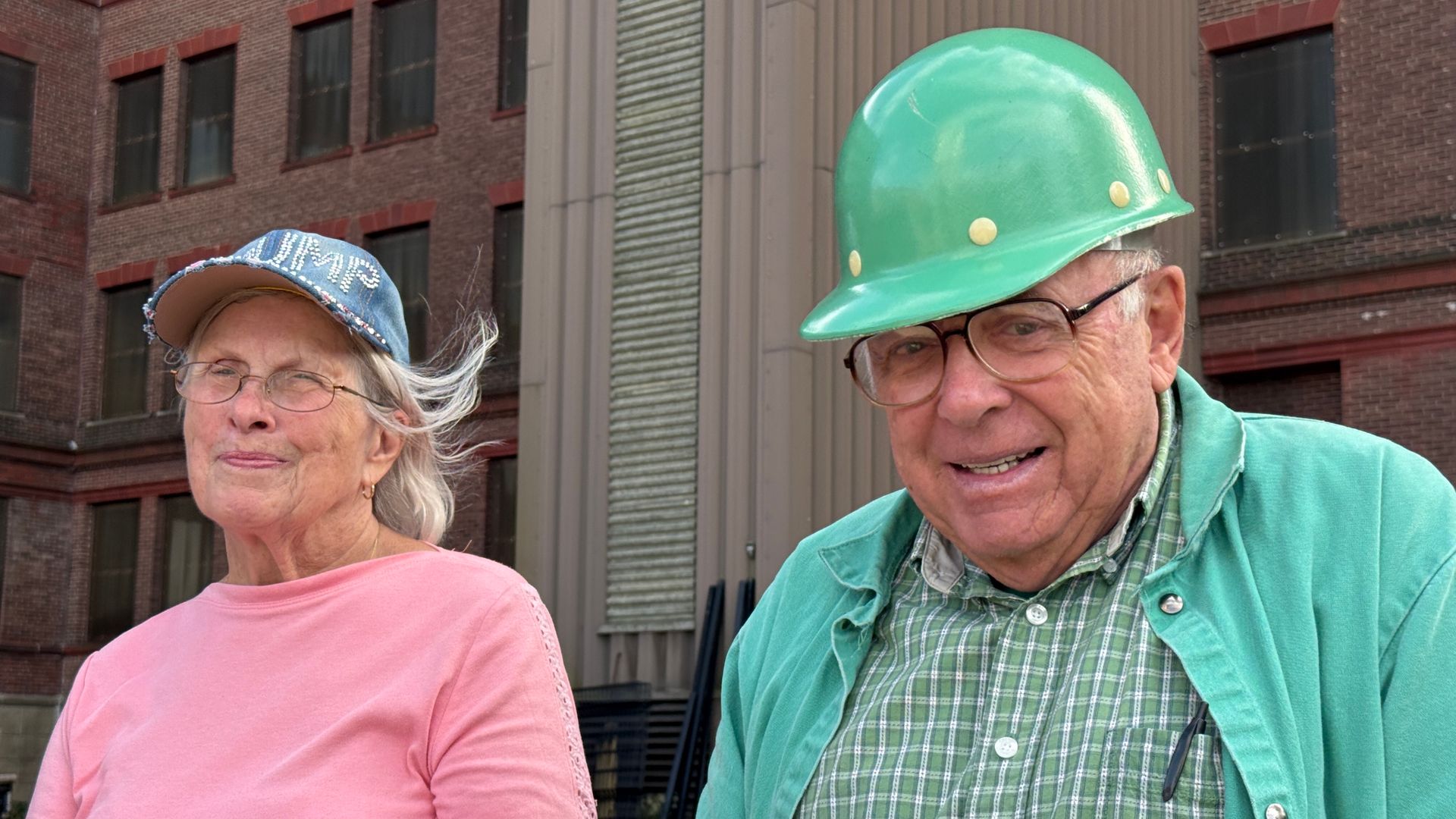
The BDN Opinion section operates independently and does not set news policies or contribute to reporting or editing articles elsewhere in the newspaper or on bangordailynews.com
Hans Zeiger is president of the Jack Miller Center, a nationwide network of scholars and teachers committed to advancing the core texts and ideas of the American political tradition. He wrote this for the Fulcrum.
In his timeless essay “Politics and the English Language,” George Orwell wrote: “Political language — and with variations this is true of all political parties, from Conservatives to Anarchists — is designed to make lies sound truthful and murder respectable, and to give an appearance of solidity to pure wind. One cannot change this all in a moment, but one can at least change one’s own habits.”
Orwell’s description of political language in post-World War II England has an uncanny resemblance to American political language in 2024. Future historians will have ample reason to look back on our era as a case study in the usages of political language — to drive social media likes and follows, to deliberately offend and in turn to claim offense, to question motives of the opposing party, to pit people against each other, or to do all of the above simultaneously.
One of the particularly pernicious aspects of how we use political language is the tendency of political players to talk past one another. Words like “patriotism,” “democracy” and “equity” are freighted with controversy — sometimes with good reason, but most of the time as a way to bolster one’s own political position. Words like these become massive stumbling blocks for real conversation about real issues.
Fortunately, a network of civic-minded donors and charitable organizations called Philanthropy for Active Civic Engagement just released new numbers from its ongoing Civic Language Perceptions Project — a survey aimed at discovering how civic language unites, divides and motivates American voters. The survey includes a diverse cross-section of Americans across the political spectrum.
The results seem promising. They show that Americans across the political spectrum still hold on to a common vocabulary for our civic life.
PACE’s survey found that Americans are mostly positive about what they called “civic terms.” Ideas such as “freedom,” “community,” “service” and “Constitution” still resonate with the vast majority of respondents. Compared to the previous survey results from 2021, the latest findings show significant gains in positivity for words like “liberty,” “citizen” and “belonging.”
The survey also shows us where we might adapt our vocabulary so as to reconnect with our fellow citizens rather than speaking past them. The PACE survey found that certain terms — “equality” and “belonging,” for instance — are better received than phrases like “social justice” or “racial equity.” “Democracy” is a more popular term than “republic.” “Unity” turns out to be a much more likable term than “bridging” or “bipartisan.”
There are, of course, limits to this kind of survey. The most popular word surveyed was “freedom,” registering around 85 percent positivity. Yet freedom has many different applications and contexts, ranging from “reproductive freedom” to “religious freedom.” Words can mean different things to different people, and this will ever be so in a large and pluralistic society.
Be that as it may, we ought at least to figure out a shared understanding of the terms for our dealings with each other as fellow citizens. Civic education can fill a large part of this function, making us aware of the foundational documents, ideals and historical memory we share and teaching us methods for disagreeing respectfully. Civic formation of this sort will require long-term investments in a category of education that has been badly neglected for far too long. Its restoration is mission essential to democracy.
For now, PACE deserves credit for digging into the data to learn about how Americans think and speak. As we approach the 250th anniversary of America’s birth, and what promises to be a heated election year, we can each do our part to speak a civic language that builds up rather than tears down. As Orwell once wrote of political language, “One cannot change this all in a moment, but one can at least change one’s own habits.”











